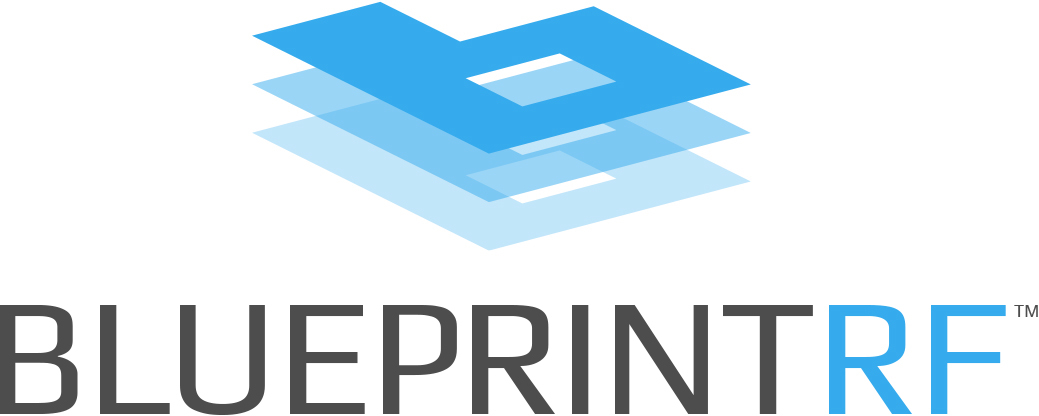For the several last decades, the idea of being productive has centered on working hard, working smart, and putting in the hours. But these productivity measures are arbitrary societal constructs that fail to acknowledge the key habits and routines that ultimately shape our lifestyle as a whole.
In today’s modern mindset of working smarter and not harder, there’s a greater emphasis on designing your life so that becoming more productive is inevitable. To reshape your thinking based on this perspective, here are seven common lifestyle habits across highly productive people.
1. Rise Early and Establish a Morning Routine
If there’s a common denominator among successful people, it’s that they get themselves out of bed early every morning. Some of the world’s most respected professionals rise well before 5:00 AM. But for many successful people, it’s not about using this time to work sooner and be more productive. It’s about leveraging this time in a way that breathes life into the day.
The early morning hours may be the only time of the day that you can truly dedicate to yourself. This time of solitude allows for constructive thinking, or meditative non-thinking, that can otherwise be distracted by others.
As part of waking up in the early hours of the morning, you should strive to cultivate a consistent morning routine. A morning routine may involve a mindfulness practice like meditation and journaling or physical movements like exercise, Yoga, or outdoor activities.
To create a productive lifestyle, you need to be consistent. Routines and rising early are potent tools to create greater consistency in your life, and these practices can help set the tone for a fulfilling day.
2. Focus on High-Value Activities
People are often more efficient and productive with tasks that come naturally, while things that come with resistance are more likely to impede progress.
Whenever possible, delegate the tasks that feel like extra effort and instead focus on high-value activities or “HVAs” According to Hillary Rettig, author of The Seven Secrets of the Prolific: The Definitive Guide to Overcoming Procrastination, Perfectionism, and Writer’s Block, “HVAs are within your mission, leverage your strengths, and create impact or change. They also create clarity and open your schedule.”
Depending on your working dynamics, delegating your non–HVA activities, or the tasks that come with a high level of resistance, can help create a greater community. After all, these things that you struggle with could very well be someone else’s HVAs.
3. Minimize Distractions
In our highly digital world, social media platforms like Facebook, YouTube, and LinkedIn are specifically engineered to keep you engaged for as long as possible. It’s easy to waste 10-15 minutes here and there. But over the course of a day, these digital distractions can add up to several wasted hours.
Conduct a simple productivity audit and take stock whenever you get sidetracked. This exercise involves pinpointing what distracts you, understanding how much time you spend on each distraction, and how much total time you waste altogether.
In addition to digital distractions, physical distractions that can occur in your surrounding environment or people you work with can also take a toll on productivity. Finding a space that will help minimize distractions is often just as important as cultivating the discipline needed to eliminate digital sidetracks.
4. Create a Flow Environment
Unlike any workspace, a flow environment is one in which you feel inspired, motivated, and mentally optimized to maximize productivity and minimize procrastination.
Everyone has a unique version of their ideal flow environment. Some professionals require peace and quiet, while others thrive with background noise and stimulation. This environment might take the shape of a minimalist private study, a creative studio with lots of plant life, or a corner nook in a busy coffee shop.
Your working environment plays a significant role in your overall productive output. Explore what work environments inspire you, and be conscious of how you feel when operating in certain spaces. Simply asking yourself if you feel focused and inspired or easily distracted and unmotivated can yield a lot of insight into your optimal flow environment.
5. Establish Time-based Goals
Although it can feel comforting tackling a project without a deadline, assigning a timeline to specific tasks can be a useful habit to maximize productivity. This is especially the case for big projects or long-term goals that take several weeks and even months to accomplish.
The idea behind establishing time-based goals isn’t perfection. Instead, timelines are simple tools to help stay focused while prioritizing what’s most important. You can create micro-goals that break down specific tasks that you wish to achieve in a given day or 2-hour chunk, for example. Accomplishing very clear micro-goals will enable you to reach bigger targets that might seem overwhelming or out of reach at first.
6. Schedule Breaks
In a competitive world that is driven by the hustle and working long hours, it’s essential not to overlook making time for rest and recovery. Firing on all cylinders requires giving your mind and body sufficient downtime to recharge.
While getting adequate sleep is an obvious no-brainer, taking breaks to alleviate cognitive load and feelings of burnout is crucial for productivity. Short breaks to get outdoors, exercise, or meditate can pay dividends during the workday. Similarly, long breaks like weekend getaways or extended vacations are equally important to schedule during a busy year.
Taking breaks and making time for recovery, both physically and mentally, is not only crucial for productivity but simply for your health. Stress can bottle-up quickly, and without systems in place to diffuse stress and restore your cognition, many aspects of life can suffer.
7. Avoid the Comparison Game
The most energy-consuming game to get involved in is the comparison game, especially for young professionals and entrepreneurs. In an era that connects us to just about anyone we wish to follow on social media, it’s easy to fall into this trap because around every corner is someone seemingly doing something way bigger than you. Perhaps they’re more successful, fit, and have more time for fun. But don’t fall for this illusion.
According to productivity expert and sleep and nutrition consultant Julian Hayes II, it’s essential to keep in mind that your specific journey is all about you and the progress that you’re making every day. View yourself as your only competition. Don’t let the illusion of someone’s success story disrupt and compare with yours.
Productive people who get a lot accomplished each day are not superhuman; they’ve just learned to master a few powerful habits. Experiment with these lifestyle habits to enable the best and most productive version of yourself.









